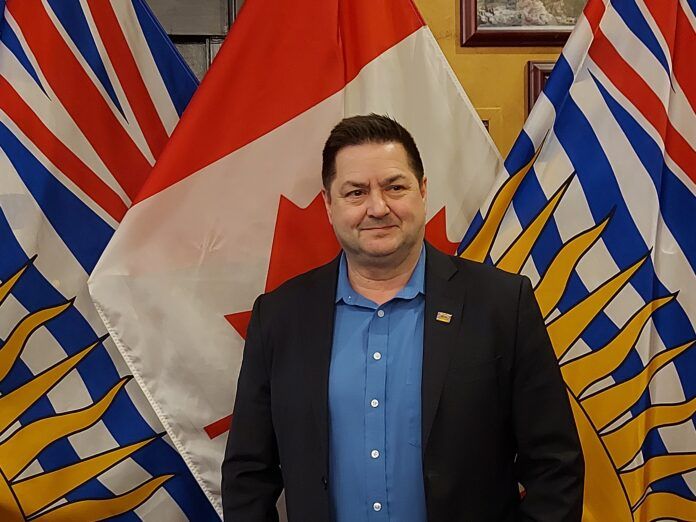Kootenay East MLA Tom Shypitka is calling for change to how the B.C. government regulates drug use.
“This crisis requires an urgent response and one that follows the recommendations of the Select Standing Committee on Health,” said Shypitka. “Their recommendations were clear: there can’t be decriminalization without the provisions of evidence-based treatment and recovery services, along with requirements of reporting outcomes.”
The MLA said his party, BC United, believes in a comprehensive approach to care, but feels the government is neglecting treatment and recovery.
This comes after the B.C. government decriminalized small amounts of certain drugs for personal use.
“This was supposed to be contingent on meeting specific conditions outlined in the Government of Canada’s letter of requirements,” said Shypitka. “This includes expanding the capacity of accessible treatment and ensuring the readiness and capacity of mental health systems. Unacceptably, the state of these treatment facilities clearly shows that British Columbia has failed to meet those conditions.”
Shyptika said five people died of toxic drug poisonings in Kootenay East so far in 2023.
He said the current system will leave those in need of treatment on waiting lists for too long.
“Individuals who seek help should be able to pick up the phone and immediately receive the treatment they need without barriers,” said Shypitka. However, under the NDP government, individuals who are struggling with substance use face long waitlists and limited access to facilities that are supposed to be helping them. Sadly, some of these individuals will die while waiting.”
Shypitka said the BC United Party has an alternative through its “Better is Possible” plan.
“A large part of this plan is understanding that addressing this crisis means providing more than just decriminalization and harm reduction, but also expanding free recovery and treatment options,” said Shypitka. “We also propose to implement involuntary care where necessary, but it must always be a last resort.”


